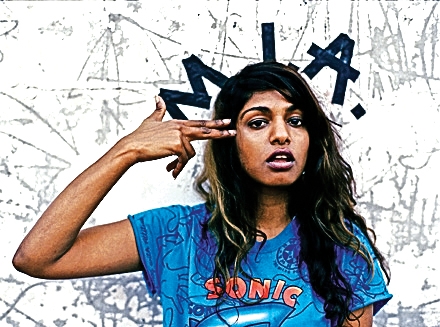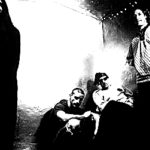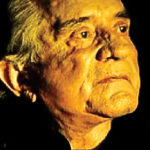Tool, M.I.A., M. Ward, and old man Johnny Cash prove that re-packaging is an art when it’s done properly
Staff writer
@Sp3ctor20
When a song is covered note-for-note and word-for-word, it’s often met with negative reactions. A great cover song rises to the task of creating something new out of something pre-existing to distinguish it from the original. If a band covers a song properly, we shouldn’t even be able to tell it’s a cover at all.
The first cover that comes to mind is Tool’s version of “No Quarter.” Originally by Led Zeppelin, the cover borrows from the highly-praised live version off of the 1976 album The Song Remains The Same. The version by Tool takes the blues style of the live recording and introduces it to the heavy progressive rock sound that made them great.
Led Zeppelin is no stranger to cover songs themselves, becoming the centre of ridicule over the past few decades for not giving credit where it was due. I was shocked to find “When the Levee Breaks” on a list of songs that were now mere covers of past songs. Kansas Joe and Memphis Minnie recorded the original in 1927 with an early bluegrass sound. Zeppelin’s cover featured an early metal sound with heavy gain unique to the time period.
The next song is mistaken for the original version quite often, as it was released around the same time. In 2002, Johnny Cash covered “Hurt” as his last ever studio-recorded song before he passed away in 2003.
The original NIN version was released, censored, and uncensored in three different styles. The quiet version has a slow pacing with an emphasis on vocals, much like the Johnny Cash cover. Cash garners appeal in his cover with the wisdom of his 70-year-old voice as he professes his regrets and sorrows in his final performance.
When bands cover David Bowie, they typically preserve his trademark 1980s pop rock style; M. Ward’s cover of “Let’s Dance” is unrecognizable. The song is exactly what a good cover song should be, and is exceptionally different from its original. It accentuates the poetry of Bowie’s words that got lost in the extravagance of 1980s pop.
M. Ward’s version is slower-paced, adding an additional minute to the four-minute run time of Bowie’s 1982 original. The very thought of “Let’s Dance” being made into a romantic folk ballad sounds far fetched, yet that is what we get with this unbelievable cover.
M.I.A. released the single “Paper Planes” in 2007 from the studio album Kala. The song samples the intro of “Straight to Hell” by The Clash, which the British rapper herself sings over and loops. Her song gave credit to all the members of The Clash, despite the audio sample being 10 seconds long.







